
Mayreau: The Hidden Gem of Saint Vincent and the Grenadines
Mayreau, the smallest inhabited island in the Grenadines, is a secluded paradise waiting to be explored. This tiny island, with its lush landscapes and stunning beaches, offers a serene escape from the hustle and bustle of everyday life. The island's main settlement, Old Wall Village, is perched on a hill and provides breathtaking views of the surrounding islands. Snorkelers and divers will find Mayreau's waters teeming with marine life, making it a perfect spot for underwater adventures. The Saltwhistle Bay, with its crescent-shaped beach and calm turquoise waters, is a favorite among visitors. For those seeking a bit of history, the island's quaint stone church, built in the 18th century, offers a glimpse into Mayreau's past. Despite its small size, Mayreau boasts a vibrant local culture. Visitors can enjoy freshly caught seafood at local restaurants or partake in one of the island's lively festivals. The friendly locals and laid-back vibe make Mayreau a welcoming destination for all who visit.
Local tips in Mayreau
- Visit Saltwhistle Bay early in the day to avoid crowds and get the best spot on the beach.
- Bring cash, as there are no ATMs on the island and many places do not accept credit cards.
- Take a hike to the top of Old Wall Village for stunning panoramic views of the Grenadines.
- Try the local seafood, especially the freshly caught fish and lobster.
- Pack light, breathable clothing and plenty of sunscreen, as the island can get quite warm and sunny.
Mayreau: The Hidden Gem of Saint Vincent and the Grenadines
Mayreau, the smallest inhabited island in the Grenadines, is a secluded paradise waiting to be explored. This tiny island, with its lush landscapes and stunning beaches, offers a serene escape from the hustle and bustle of everyday life. The island's main settlement, Old Wall Village, is perched on a hill and provides breathtaking views of the surrounding islands. Snorkelers and divers will find Mayreau's waters teeming with marine life, making it a perfect spot for underwater adventures. The Saltwhistle Bay, with its crescent-shaped beach and calm turquoise waters, is a favorite among visitors. For those seeking a bit of history, the island's quaint stone church, built in the 18th century, offers a glimpse into Mayreau's past. Despite its small size, Mayreau boasts a vibrant local culture. Visitors can enjoy freshly caught seafood at local restaurants or partake in one of the island's lively festivals. The friendly locals and laid-back vibe make Mayreau a welcoming destination for all who visit.
When is the best time to go to Mayreau?
Iconic landmarks you can’t miss
Wallilabou Anchorage
Experience the vibrant flavors and stunning views at Wallilabou Anchorage, a premier restaurant and cocktail bar in the heart of the Caribbean.
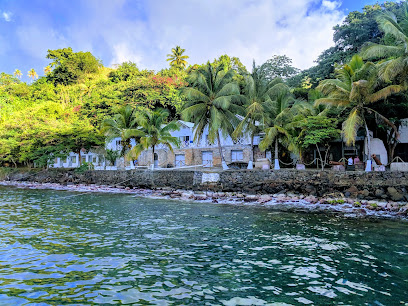
Fort Charlotte, Saint Vincent
Explore the historic Fort Charlotte in Saint Vincent, where colonial history meets breathtaking views of the Caribbean landscape.
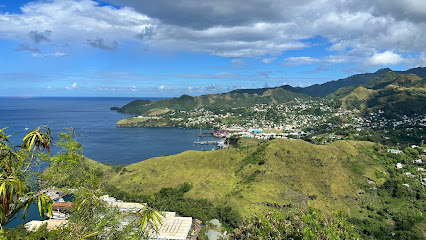
Princess Margaret Beach
Explore the stunning shores of Princess Margaret Beach, a serene Caribbean paradise perfect for relaxation and adventure amidst breathtaking natural beauty.
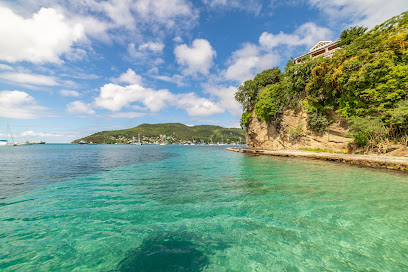
Salt Whistle Bay
Discover the serene beauty of Salt Whistle Bay, a tropical paradise in Mayreau, renowned for its pristine beaches and vibrant Caribbean culture, perfect for relaxation.
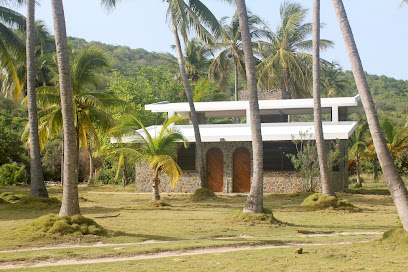
Old Hegg Turtle Sanctuary
Explore the Old Hegg Turtle Sanctuary in Bequia, a haven for sea turtle conservation and a unique experience for nature enthusiasts.
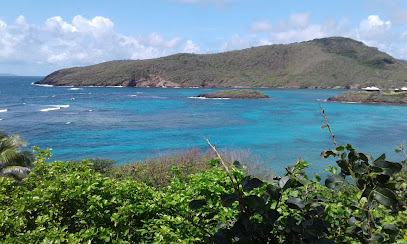
Mandarin Oriental, Canouan
Experience unparalleled luxury and breathtaking beauty at Mandarin Oriental, Canouan, the Caribbean's premier five-star hotel.

Black Point Tunnel
Explore the enchanting Black Point Tunnel in Byera Hill, a captivating blend of nature, history, and unforgettable experiences.
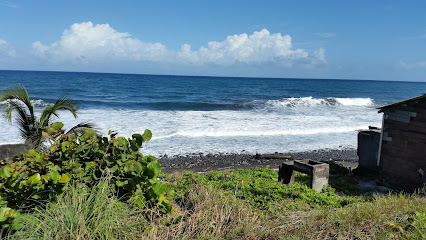
Fort Duvernette
Explore the historic Fort Duvernette, a Caribbean gem featuring stunning views, rich history, and a peaceful escape in Saint Vincent.
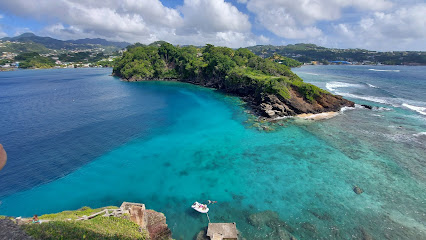
Tenuta Chatham Bay
Discover the ultimate Caribbean retreat at Tenuta Chatham Bay, where luxury meets tranquility amidst stunning natural beauty.
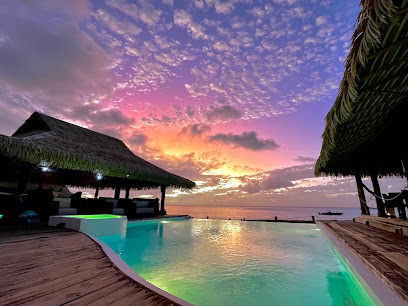
Firefly Estate Bequia
Experience the perfect blend of luxury and nature at Firefly Estate Bequia, your serene escape in the Caribbean.

Montreal Gardens
Discover the enchanting Montreal Gardens in Mesopotamia, a vibrant floral paradise perfect for relaxation and exploration amidst nature's beauty.
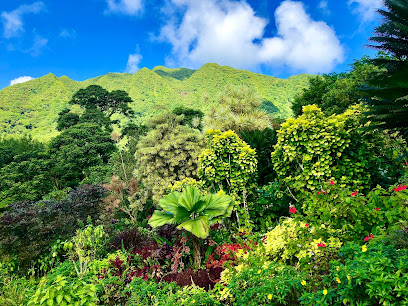
Bequia
Discover Bequia Marina: A tranquil Caribbean paradise with stunning views, local culture, and endless adventures await every traveler.
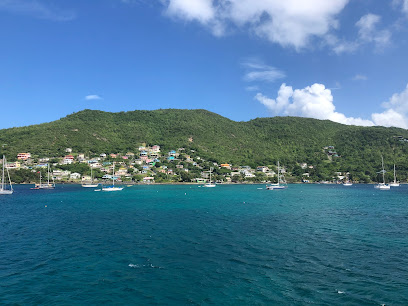
The Ranch Escapade
Experience the best of Caribbean dining at The Ranch Escapade, where local flavors meet international cuisine in a charming atmosphere.
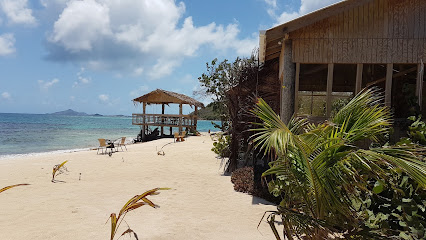
Dive Bequia
Discover the underwater wonders of Bequia with Dive Bequia, a premier SCUBA tour agency offering thrilling diving experiences in the Caribbean.
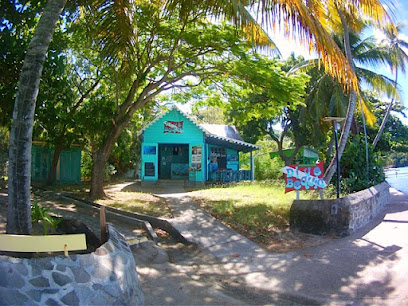
Last Bar Before the Jungle
Discover the vibrant flavors of the Caribbean at Last Bar Before the Jungle, a culinary gem in Mayreau, perfect for an unforgettable dining experience.
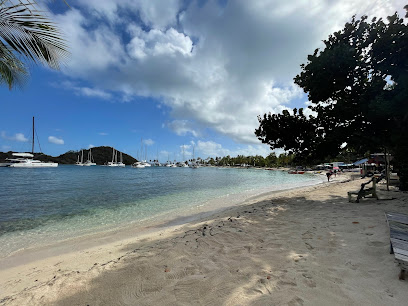
Unmissable attractions to see
Salt Whistle Bay
Experience the serene beauty of Salt Whistle Bay, a tropical paradise in Mayreau, perfect for relaxation, adventure, and unforgettable memories.
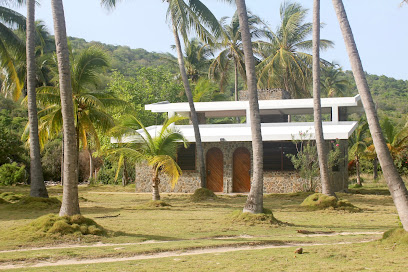
Tobago Cays Marine Park
Explore the enchanting Tobago Cays Marine Park, a stunning aquatic paradise with vibrant coral reefs and abundant marine life in the Caribbean.
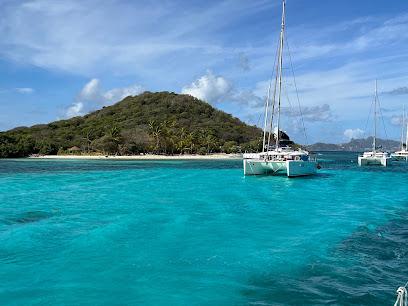
Tobago Cays Marine Park
Experience the breathtaking beauty of Tobago Cays Marine Park, a paradise for nature lovers and adventure seekers in the Caribbean.
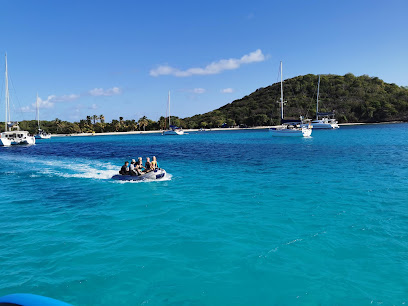
Montreal Gardens
Explore the lush Montreal Gardens, a serene paradise in Mesopotamia, perfect for relaxation, family outings, and nature photography.
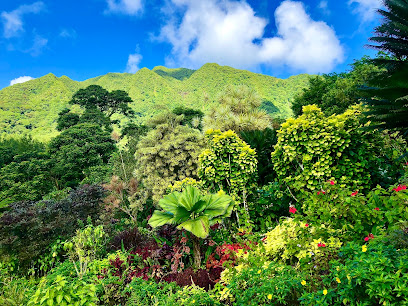
Bequia Heritage Museum
Immerse yourself in the history of Bequia at the Heritage Museum, showcasing local culture, maritime legacy, and vibrant traditions.
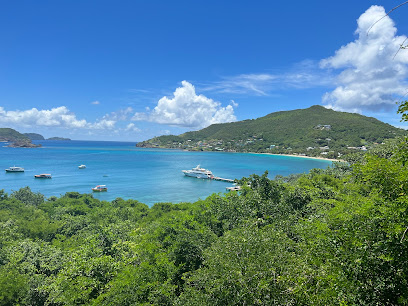
Vision Tours Grenada.
Discover Grenada's breathtaking landscapes and rich culture with Vision Tours - your ultimate Caribbean adventure awaits.
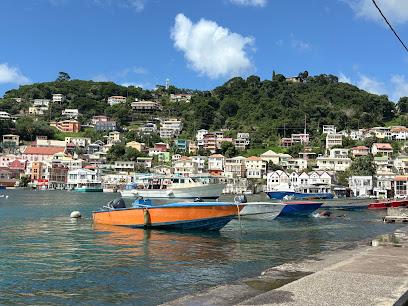
Grenadine Sea Salt
Experience the unique journey of sea salt production in Bequia at Grenadine Sea Salt, a must-visit for food lovers and nature enthusiasts alike.
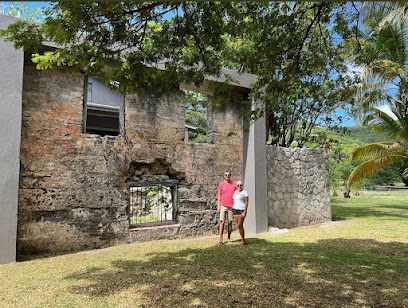
Ma Peggy Peak
Explore the stunning trails and breathtaking views of Ma Peggy Peak in Derrick, a top hiking area for nature enthusiasts seeking adventure and tranquility.
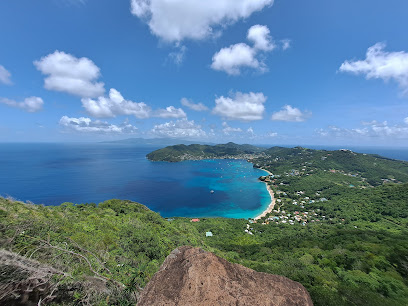
3 Ponds Falls
Experience the serene beauty of 3 Ponds Falls in Pembroke, a perfect escape for nature lovers and adventure seekers alike.
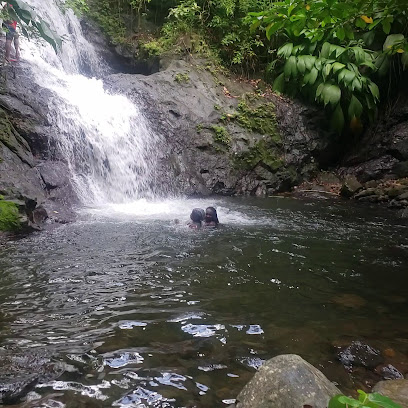
Firefly Estate Tours
Explore the enchanting Firefly Estate Tours in Bequia, where history, culture, and natural beauty intertwine on this captivating Caribbean island.
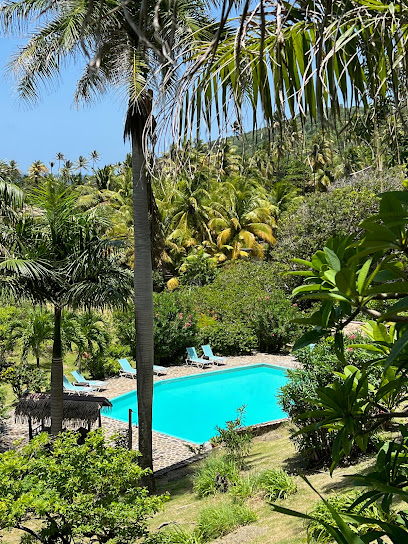
Belmont Walkway Bequia
Explore the enchanting Belmont Walkway in Bequia, where stunning coastal views and vibrant nature create a perfect escape for tourists.
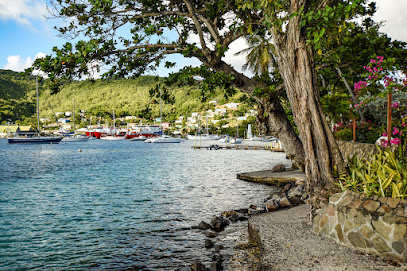
Friendship Bay Anchorage
Experience the tranquil beauty of Friendship Bay Anchorage in Port Elizabeth, a perfect escape for nature lovers and adventure seekers.
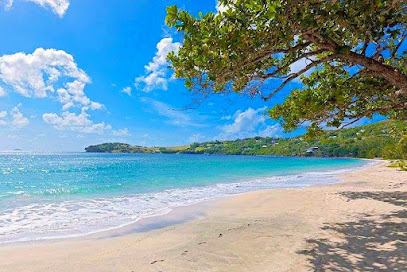
Byahaut
Experience the breathtaking beauty and rich culture of Byahaut, a must-visit tourist attraction in Buccament, St. Vincent and the Grenadines.
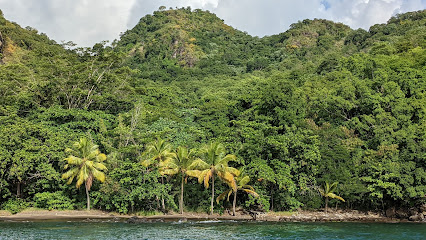
Tyson Camp
Experience the serenity of Tyson Camp in Derrick, a picturesque tourist attraction offering nature, adventure, and unforgettable views for all visitors.

Old Fort
Discover the historical significance and breathtaking views at Old Fort, a must-visit attraction in Port Elizabeth for all history enthusiasts.
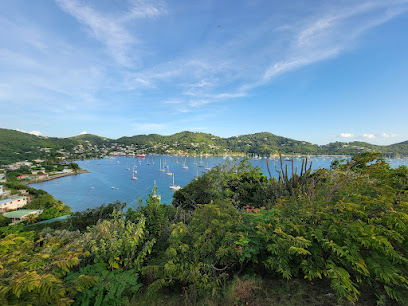
Essential places to dine
The Ranch Escapade
Discover culinary delights at The Ranch Escapade in Clifton—where fresh flavors meet serene ambiance for an unforgettable dining experience.
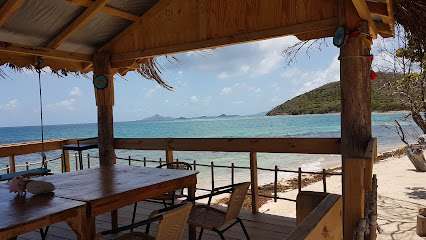
Last Bar Before the Jungle
Experience authentic Caribbean flavors at Last Bar Before the Jungle on Mayreau Island – where relaxation meets delicious dining.
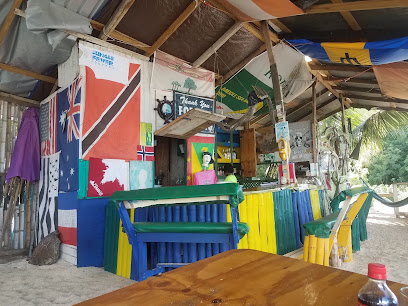
The Combination Cafe
Discover Caribbean flavors at The Combination Cafe in Mayreau – where delicious meals meet stunning views for an unforgettable dining experience.
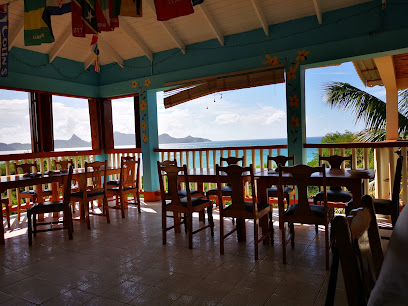
Mayreau Beach Club & Villas
Experience luxury and serenity at Mayreau Beach Club & Villas - your ultimate Caribbean getaway awaits with stunning views and gourmet dining.
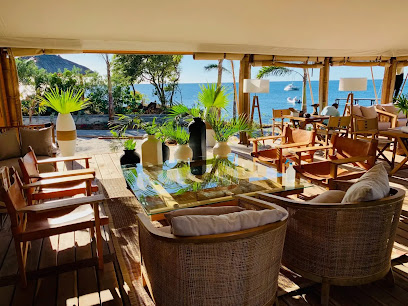
Nadi's Bar & Restorante
Discover the flavors of the Caribbean at Nadi's Bar & Restorante in Mayreau, where delicious cuisine meets breathtaking views.
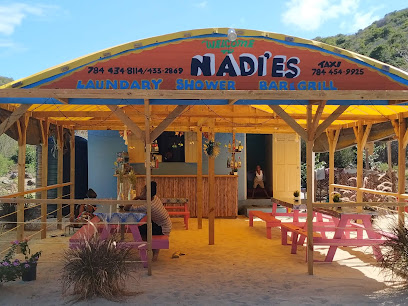
Island Paradise
Experience exquisite Caribbean flavors at Island Paradise, where stunning views meet delightful cuisine in Mayreau.
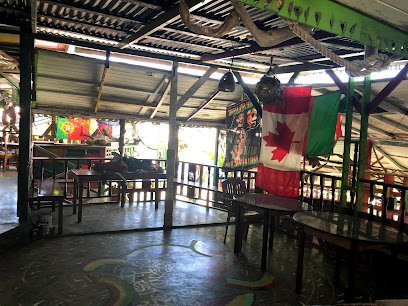
Roots Lobster &Trucking service
Discover exquisite Caribbean flavors at Roots Lobster & Trucking Service in beautiful Mayreau - where fresh seafood meets breathtaking ocean views.
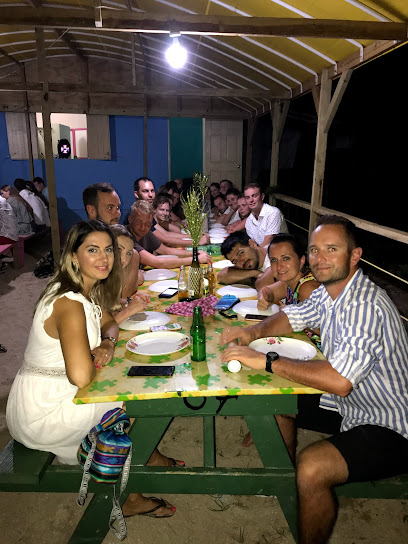
Coconut Restaurant And Bar
Experience authentic Caribbean flavors at Coconut Restaurant And Bar in Clifton, where every dish tells a story of tropical delights.
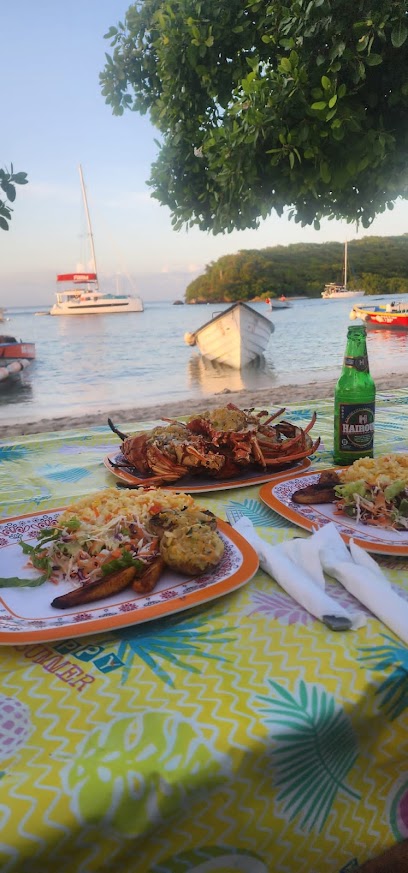
D-view Sports Bar And Restaurant
Experience exquisite dining at D-view Sports Bar And Restaurant in Mayreau - where delicious food meets stunning coastal views.
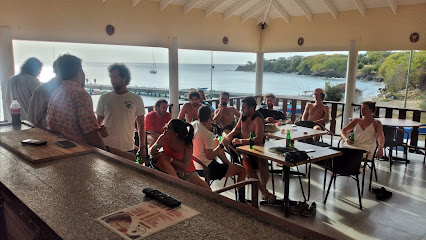
Mandy man beach BBQ
Experience authentic Caribbean seafood dining at Mandy Man Beach BBQ in Petit Rameau – where ocean views meet fresh flavors.
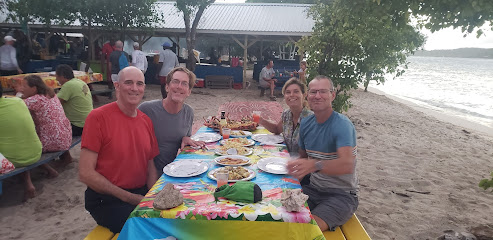
Denis’ Hideaway Bar and Restaurant
Experience authentic Caribbean cuisine at Denis’ Hideaway Bar and Restaurant in Mayreau - where delicious flavors meet stunning sea views.
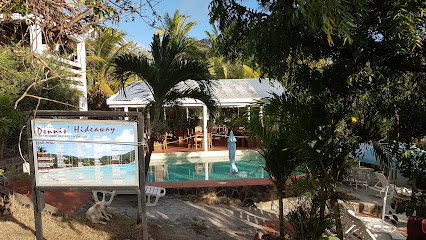
Black Boy And Debbie - Beach Bar & Restauration
Experience authentic Caribbean flavors at Black Boy And Debbie - Beach Bar & Restauration in Mayreau's stunning setting.
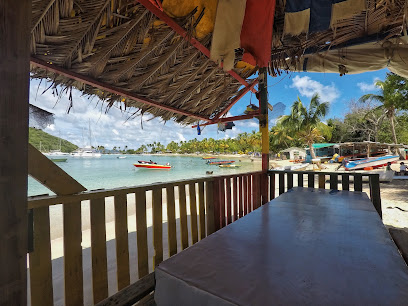
Bushman BBQ
Discover mouthwatering barbecue delights at Bushman BBQ while enjoying breathtaking views of Salt Whistle Bay in Clifton.
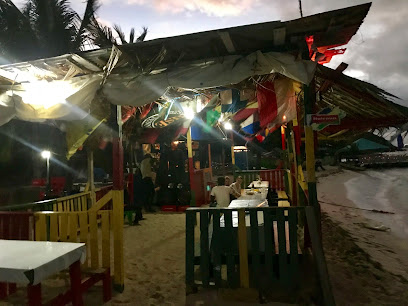
The Deal Beach Bar and Grill
Discover tropical flavors at The Deal Beach Bar and Grill in Clifton - your seaside culinary paradise awaits!
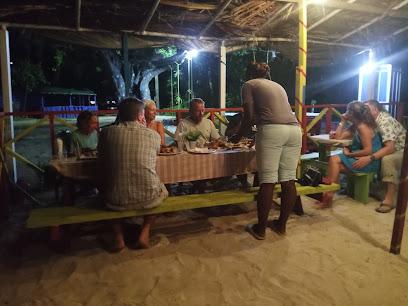
Jay's Beach BBQ (THE NEGOTIATOR)
Discover authentic Caribbean barbecue at Jay's Beach BBQ in Mayreau – where every bite is infused with tropical flavors and island charm.
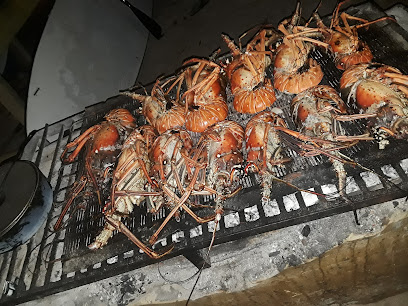
Markets, malls and hidden boutiques
Salt Whistle Bay
Discover the serene beauty of Salt Whistle Bay, a tropical paradise in Mayreau, perfect for relaxation and adventure amidst stunning landscapes.
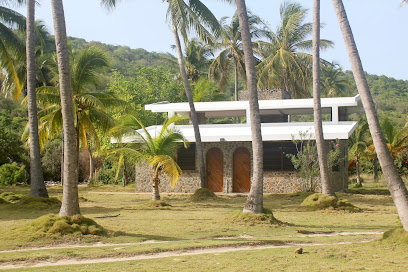
Uncle Duff Store
Discover local flavors and friendly service at Uncle Duff Store, the heart of Derrick's grocery shopping experience.

Hutchinson's Variety Store
Discover a unique blend of local goods and fresh produce at Hutchinson's Variety Store in Central Union Island, your ideal stop for island essentials.
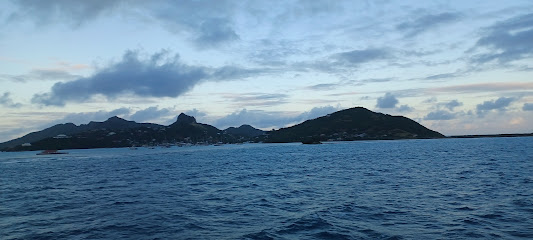
Nicholls Treasures Boutique
Explore Nicholls Treasures Boutique for stylish Caribbean clothing and unique local crafts in the heart of Bequia's Port Elizabeth.
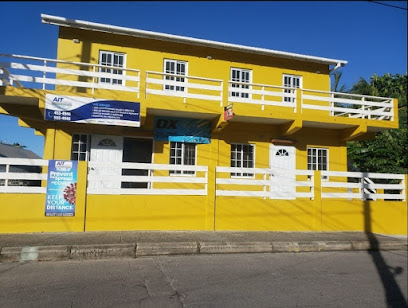
Adon's Syrian Store
Discover authentic Syrian flavors at Adon's Syrian Store in Clifton, where spices, sweets, and culture come together in a delightful shopping experience.
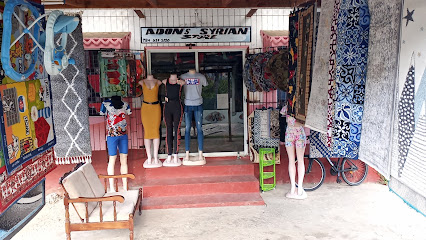
Samanta & Sons
Explore a unique selection of Caribbean fashion at Samanta & Sons, Kingstown's premier clothing store featuring local artisans and vibrant styles.
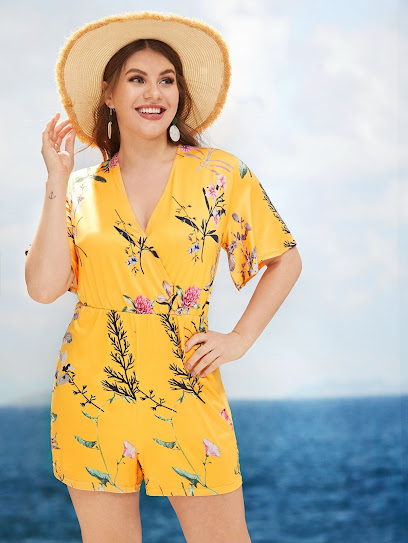
The Salty Girl Boutique
Shop at The Salty Girl Boutique for unique fashion and local crafts that embody the spirit of Union Island, creating unforgettable memories.
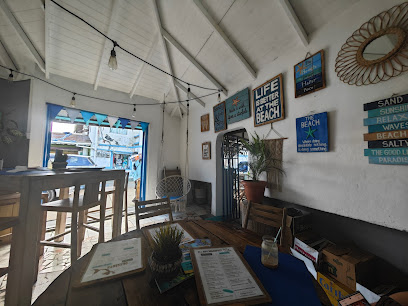
Grocery Bar Rebel say one love
Experience the authentic taste of the Caribbean at Grocery Bar Rebel in Clifton, a must-visit local grocery store for tourists.
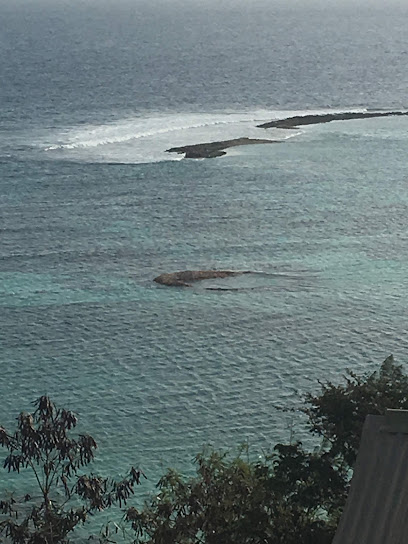
Rebecca's Place Minimart
Discover local charm at Rebecca's Place Minimart, your go-to destination for groceries and unique finds in Clifton.
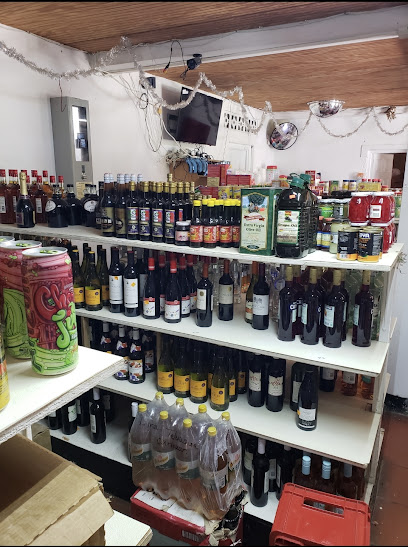
First Stop Supermarket
Explore local flavors and essentials at First Stop Supermarket, your go-to grocery store in Mayreau, Clifton, for an authentic island experience.
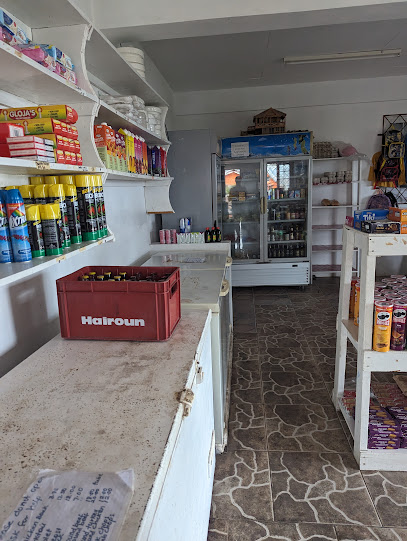
S&D Mini Mart
Explore local flavors and essentials at S&D Mini Mart in Ashton - a delightful grocery store with a taste of the Caribbean.
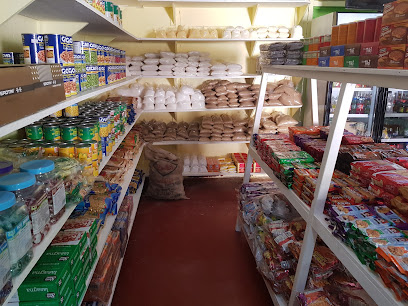
Jays Printing
Explore Jays Printing in Ashton Union Island for unique apparel and custom printing services, capturing the essence of your Caribbean adventure.
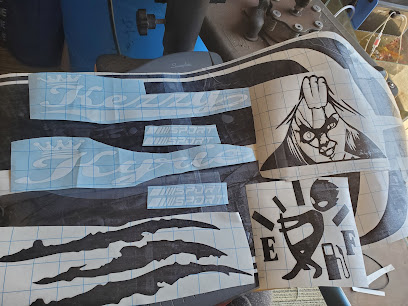
Mitchell's Hardware & Supermarket
Experience the vibrant local culture at Mitchell's Hardware & Supermarket, your essential grocery stop on Union Island for fresh produce and unique Caribbean goods.

G & E Circle Center
Explore G & E Circle Center, a vibrant shopping mall in Clifton offering unique local shops, delicious dining, and a taste of the local culture.
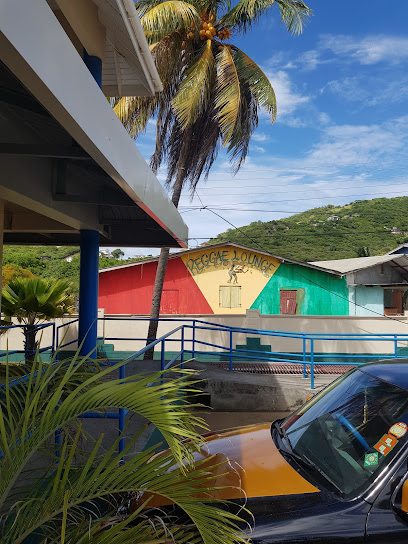
Sweet & Salty Food & Drink
Discover the authentic flavors of Union Island at Sweet & Salty Food & Drink, where local produce meets culinary creativity.
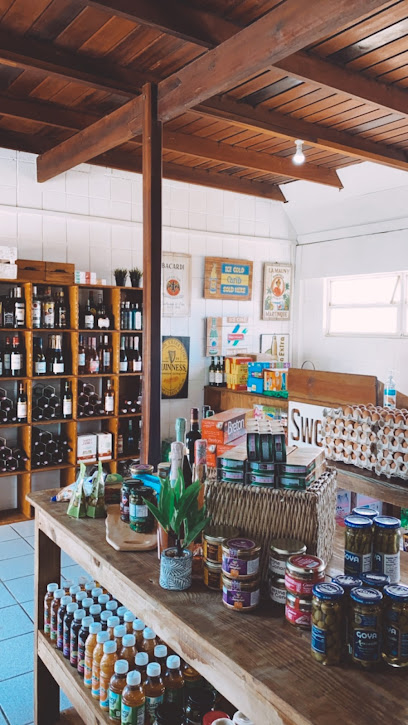
Essential bars & hidden hideouts
The Ranch Escapade
Experience exceptional Caribbean and international cuisine at The Ranch Escapade, Clifton's top dining destination, perfect for all occasions.
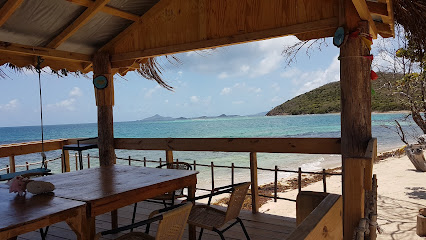
Last Bar Before the Jungle
Discover the authentic taste of Caribbean culture at The Last Bar Before the Jungle, a charming restaurant in Mayreau.
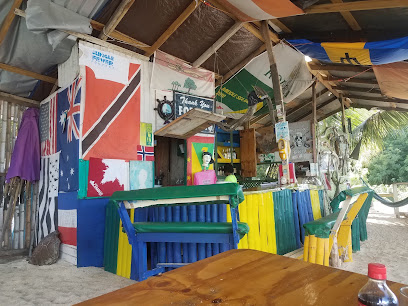
Robert Righteous and de Youths
Discover the vibrant atmosphere of Robert Righteous and de Youths, where Caribbean culture meets refreshing drinks and stunning views in Mayreau.
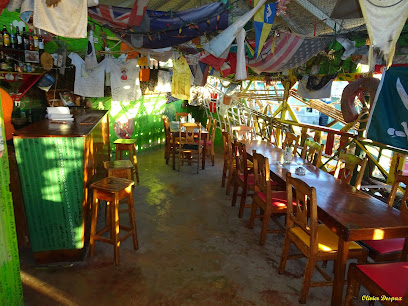
The Combination Cafe
Experience the flavors of the Caribbean at The Combination Cafe in Mayreau, where local ingredients and hospitality meet breathtaking views.
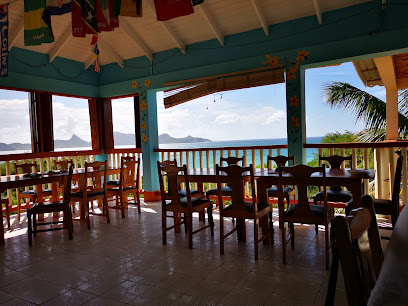
Mayreau Beach Club & Villas
Discover the ultimate Caribbean escape at Mayreau Beach Club & Villas, where stunning views and exquisite dining create unforgettable experiences.
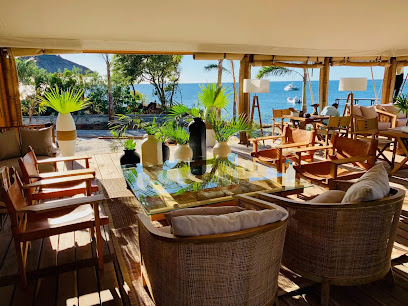
Nadi's Bar & Restorante
Experience authentic Caribbean flavors at Nadi's Bar & Restorante in Mayreau, where delicious food meets stunning waterfront views.
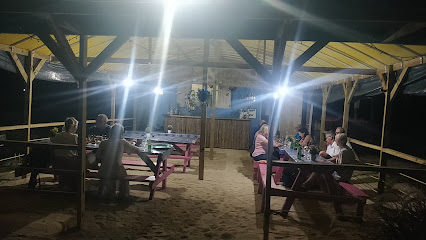
Maxwell's bar
Discover delicious grilled specialties at Maxwell's Bar, the ultimate dining destination for travelers at Canouan Airport.
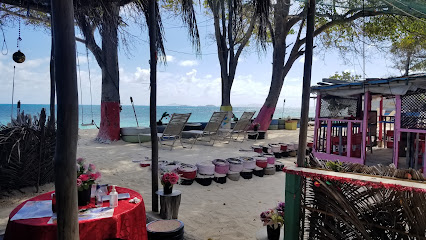
Island Paradise
Discover the flavors of the Caribbean at Island Paradise, a culinary gem in Clifton, Mayreau, offering stunning views and exquisite local cuisine.
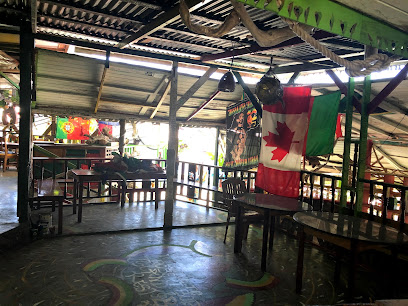
Roots Lobster &Trucking service
Experience the authentic flavors of the Caribbean at Roots Lobster & Trucking Service, where fresh seafood meets breathtaking views in Mayreau.
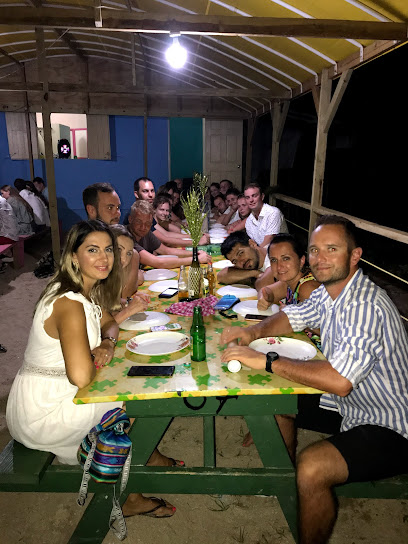
Coconut Restaurant And Bar
Experience the vibrant flavors of the Caribbean at Coconut Restaurant And Bar in Clifton, where local cuisine meets a tropical paradise.
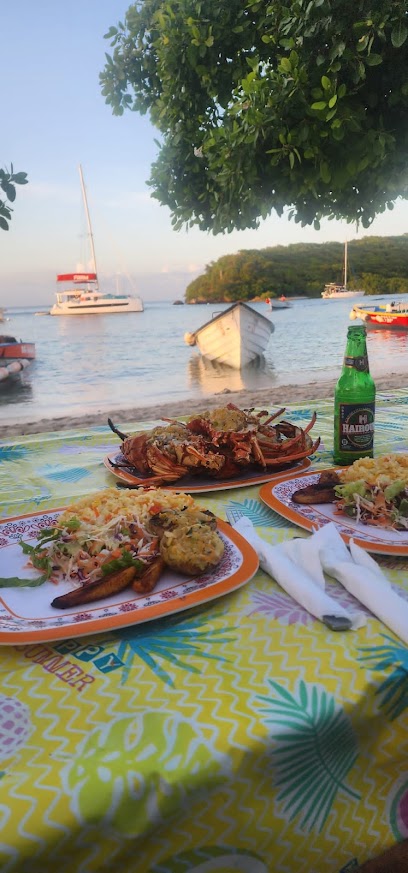
Boujie Bar & Café
Discover Boujie Bar & Café in Clifton, where refreshing drinks meet stunning views in a vibrant Caribbean atmosphere.
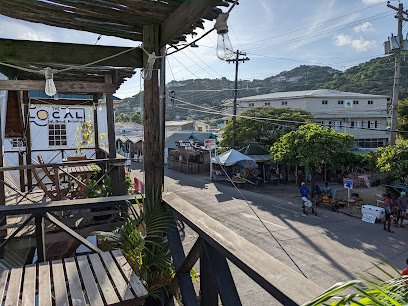
Lolo’s bar
Experience the vibrant spirit of the Caribbean at Lolo's Bar in Mayreau, where stunning views and refreshing drinks await every visitor.
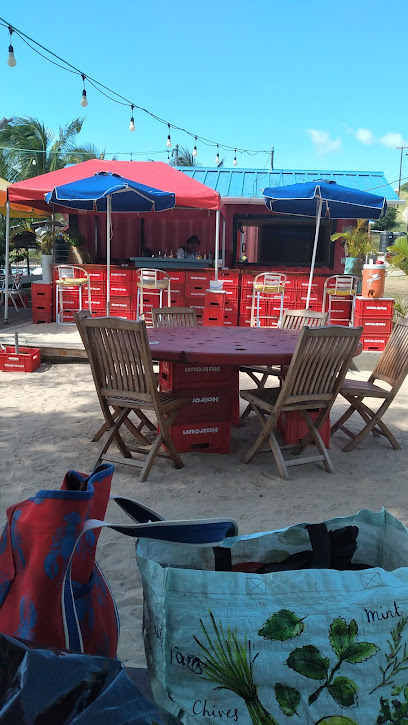
D-view Sports Bar And Restaurant
Experience the vibrant flavors and breathtaking views at D-view Sports Bar And Restaurant in Mayreau's beautiful Saline Bay.
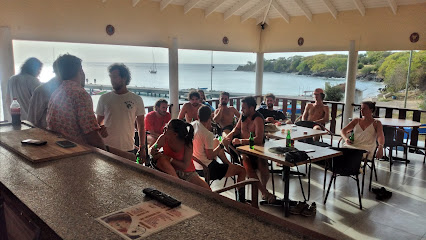
Denis’ Hideaway Bar and Restaurant
Experience the taste of the Caribbean at Denis’ Hideaway Bar and Restaurant, where fresh ingredients and stunning views come together for an unforgettable dining experience.
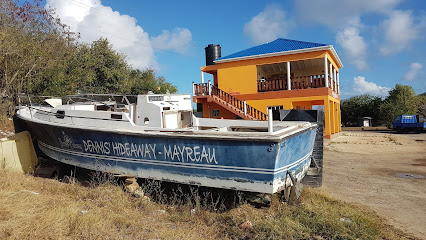
Local Phrases
-
- HelloHello
[Hello] - GoodbyeGoodbye
[Goodbye] - YesYes
[Yes] - NoNo
[No] - Please/You're welcomePlease/You're welcome
[Please/You're welcome] - Thank youThank you
[Thank you] - Excuse me/SorryExcuse me/Sorry
[Excuse me/Sorry] - How are you?How are you?
[How are you?] - Fine. And you?Fine. And you?
[Fine. And you?] - Do you speak English?Do you speak English?
[Do you speak English?] - I don't understandI don't understand
[I don't understand]
- HelloHello
-
- I'd like to see the menu, pleaseI'd like to see the menu, please
[I'd like to see the menu, please] - I don't eat meatI don't eat meat
[I don't eat meat] - Cheers!Cheers!
[Cheers!] - I would like to pay, pleaseI would like to pay, please
[I would like to pay, please]
- I'd like to see the menu, pleaseI'd like to see the menu, please
-
- Help!Help!
[Help!] - Go away!Go away!
[Go away!] - Call the Police!Call the Police!
[Call the Police!] - Call a doctor!Call a doctor!
[Call a doctor!] - I'm lostI'm lost
[I'm lost] - I'm illI'm ill
[I'm ill]
- Help!Help!
-
- I'd like to buy...I'd like to buy...
[I'd like to buy...] - I'm just lookingI'm just looking
[I'm just looking] - How much is it?How much is it?
[How much is it?] - That's too expensiveThat's too expensive
[That's too expensive] - Can you lower the price?Can you lower the price?
[Can you lower the price?]
- I'd like to buy...I'd like to buy...
-
- What time is it?What time is it?
[What time is it?] - It's one o'clockIt's one o'clock
[It's one o'clock] - Half past (10)Half past (10)
[Half past (10)] - MorningMorning
[Morning] - AfternoonAfternoon
[Afternoon] - EveningEvening
[Evening] - YesterdayYesterday
[Yesterday] - TodayToday
[Today] - TomorrowTomorrow
[Tomorrow] - 11
[1] - 22
[2] - 33
[3] - 44
[4] - 55
[5] - 66
[6] - 77
[7] - 88
[8] - 99
[9] - 1010
[10]
- What time is it?What time is it?
-
- Where's a/the...?Where's a/the...?
[Where's a/the...?] - What's the address?What's the address?
[What's the address?] - Can you show me (on the map)?Can you show me (on the map)?
[Can you show me (on the map)?] - When's the next (bus)?When's the next (bus)?
[When's the next (bus)?] - A ticket (to ....)A ticket (to ....)
[A ticket (to ....)]
- Where's a/the...?Where's a/the...?
History of Mayreau
-
Before European colonization, Mayreau was inhabited by the Carib and Arawak peoples. These indigenous groups lived off the land and sea, practicing a subsistence lifestyle that included fishing, hunting, and farming. Archaeological evidence, such as pottery shards and tools, provides insight into their daily lives and cultural practices.
-
In the late 15th and early 16th centuries, European explorers began to arrive in the Caribbean. Mayreau, like many other islands in the Grenadines, was claimed by various European powers. The island changed hands several times between the French and the British, with the British eventually establishing control in the 18th century.
-
During the 18th and 19th centuries, Mayreau was home to sugar plantations. Enslaved Africans were brought to the island to work on these plantations, dramatically altering the island's demographics and culture. The remnants of these plantations can still be seen today, including ruins of sugar mills and estate houses.
-
The British Empire abolished slavery in 1834, leading to significant changes in Mayreau's society. Formerly enslaved people became free citizens, though many continued to work in agriculture. The legacy of slavery and its abolition had a lasting impact on the island's social and economic structures.
-
In the 20th century, Mayreau saw gradual modernization and development. Infrastructure improvements, such as the introduction of electricity and better transportation, helped to improve the quality of life for residents. The island's population remained small, maintaining a close-knit community atmosphere.
-
In recent decades, Mayreau has become a popular destination for tourists seeking a serene Caribbean experience. The island's natural beauty, including its pristine beaches and coral reefs, attracts visitors from around the world. Tourism has become a vital part of the local economy, bringing both opportunities and challenges to the island.
-
Mayreau's culture is a vibrant mix of African, European, and indigenous influences. The island hosts several annual festivals, such as the Mayreau Regatta and the Easterval celebrations, which showcase local music, dance, and culinary traditions. These events provide a glimpse into the island's rich cultural heritage and community spirit.
Mayreau Essentials
-
Mayreau is accessible by boat, as it lacks an airport. The nearest major airport is Argyle International Airport (AIA) on Saint Vincent. From there, you can take a ferry or a private boat to Mayreau. Ferries are available from Kingstown on Saint Vincent and from other islands in the Grenadines such as Bequia and Union Island. Private yacht charters can also be arranged for a more personalized journey.
-
Mayreau is a small island, and most of it can be explored on foot. For longer distances, you can hire local taxis, which are usually pickup trucks with seating in the back. There is no public bus service on the island. Renting a scooter or a golf cart is another popular option for getting around and exploring the island at your own pace.
-
The official currency is the Eastern Caribbean Dollar (XCD), but US dollars are widely accepted. Credit cards are accepted in some hotels and restaurants, but it is advisable to carry cash, especially for smaller establishments and local vendors. ATMs are not readily available on the island, so make sure to withdraw enough cash before arriving.
-
Mayreau is generally a safe destination for tourists. However, it is always advisable to take standard precautions. Avoid leaving your belongings unattended on the beach and be cautious when walking alone at night. There are no specific high-crime areas targeting tourists, but staying vigilant is always a good practice.
-
In case of an emergency, dial 999 for immediate assistance. There is a small medical clinic on the island, but for serious medical issues, it may be necessary to travel to the mainland or a larger nearby island. It is recommended to have travel insurance that covers medical emergencies. For minor health issues, there are a few local pharmacies where you can purchase over-the-counter medications.
-
Fashion: Do dress modestly, especially when visiting religious sites. Avoid wearing overly revealing clothing. Religion: Do respect local customs and traditions. Remove your shoes and cover your head when entering churches. Public Transport: Do negotiate taxi fares before starting your journey. There is no formal public transport system. Greetings: Do greet people with a friendly 'hello' or 'good morning'. A handshake is also acceptable. Eating & Drinking: Do try local dishes and accept food offerings graciously. Don’t refuse hospitality, as it is considered impolite.
-
To experience Mayreau like a local, visit the local bars and eateries where you can enjoy authentic Caribbean cuisine and interact with residents. Participate in local festivals and events to immerse yourself in the culture. A visit to the hilltop Catholic Church offers panoramic views of the surrounding islands and is a great way to understand the island's history. Don’t miss a day trip to the Tobago Cays Marine Park for some of the best snorkeling and diving experiences in the Caribbean.
Trending Landmark in Mayreau
-
Wallilabou Anchorage
-
Fort Charlotte, Saint Vincent
-
Princess Margaret Beach
-
Salt Whistle Bay
-
Old Hegg Turtle Sanctuary
-
Mandarin Oriental, Canouan
-
Black Point Tunnel
-
Fort Duvernette
-
Tenuta Chatham Bay
-
Firefly Estate Bequia
-
Montreal Gardens
-
Bequia
-
The Ranch Escapade
-
Dive Bequia
-
Last Bar Before the Jungle
Nearby Cities to Mayreau
-
Things To Do in Union Island
-
Things To Do in Canouan
-
Things To Do in Hillsborough
-
Things To Do in Mustique
-
Things To Do in Port Elizabeth
-
Things To Do in Bequia
-
Things To Do in Sauteurs
-
Things To Do in Victoria
-
Things To Do in Kingstown
-
Things To Do in Grenville
-
Things To Do in Guava
-
Things To Do in Gouyave
-
Things To Do in Barrouallie
-
Things To Do in Chateaubelair
-
Things To Do in Westerhall






